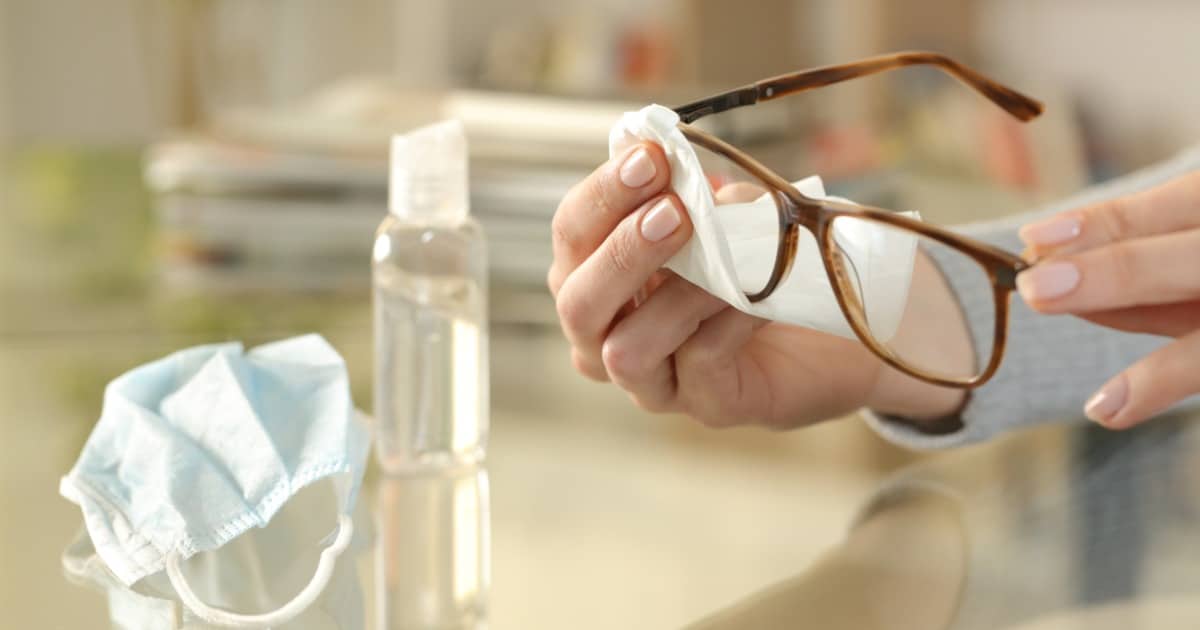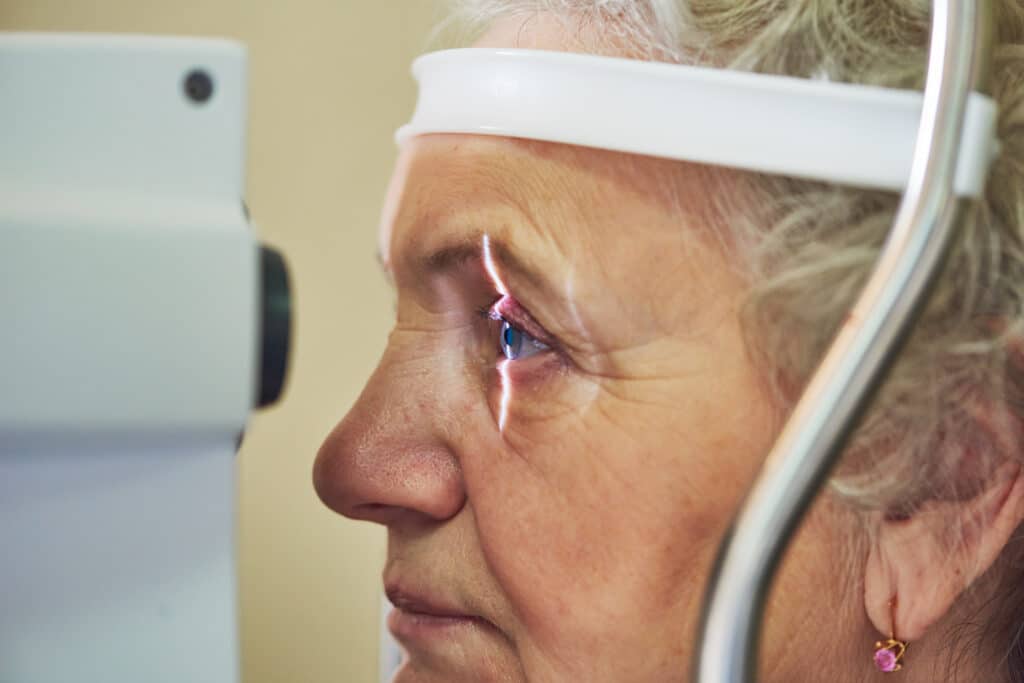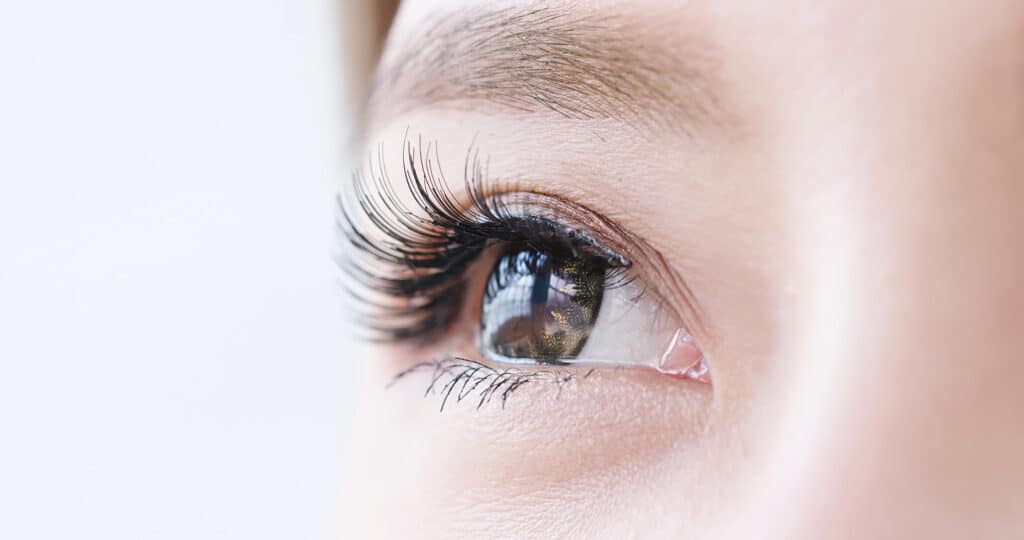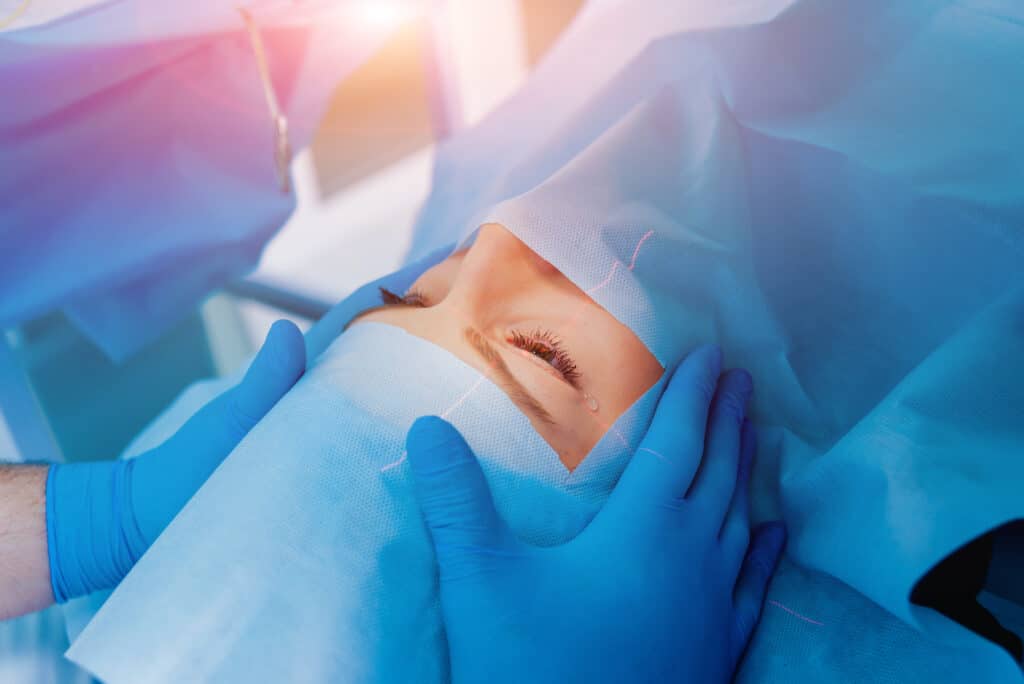Caring for Your Eyes During COVID-19
July 25, 2020
As we are in the midst of the Coronavirus (COVID-19) pandemic with no defined end date in sight, it is important that we take all of the necessary precautions to keep ourselves healthy while the virus persists. Within a holistic approach to safety during this time, you should consider the care you are taking for your eyes as well.
COVID-19 is primarily spread through respiratory droplets produced when an infected person coughs, talks, or sneezes, and the virus appears to spread with ease between people. These droplets can infect a person by landing in the mouth, nose, or eyes. You are also at risk of becoming infected by touching your eyes after touching a surface that the virus is present on.
With that in mind (and we are sure you have heard this countless times before) it is important to wash your hands regularly for 20 seconds or more. Along with regular hand washing, try your best to avoid rubbing your eyes, nose, and mouth.
But how else can we protect our eyes and our health during this time?

Eye Care Considerations During the Coronavirus
- Switch back to glasses: …or at least wear them more often. While it is not certain that contact lenses wearers are at a greater risk for the coronavirus, we do know that those who wear contact lenses often touch their eyes more frequently. Wearing glasses will make your eyes less likely to be irritated and should make it a bit more difficult for you to touch your own eyes subconsciously. Glasses may also provide another layer of defense between your eyes and the virus, however it is important to note that standard glasses alone will not ensure that your eyes stay protected. Because the virus can live on surfaces, remember to clean and disinfect your glasses on a regular basis.
- Practice good contact lens hygiene: If you are continuing to wear your contact lenses, please ensure that you are taking the steps to practice good hygiene while interacting with your lenses. Along with washing your hands thoroughly before handling your contacts, here are some things to consider:
- Adhere to your eye care professional’s recommended schedule for wearing and replacing your contacts.
- Minimize contact with water, do not rinse or store your contacts in water, and do not rinse your contact lens case with water. Instead, use a fresh contact solution.
- Use an approved disinfectant for your lenses, not saline solution or rewetting drops.
- Keep your contact lens case clean, and replace it every three months.
- Never wear your lenses after they have been stored for 30 days or more without disinfecting them.
- Stock up: During these uncertain times where quarantines and lockdowns may reoccur or be ongoing, it is a good idea to keep eye medicine prescriptions and eye care supplies in stock. This will help you stay safe at home and ensure you have the necessary eye care products should there be a limited supply during an outbreak. If you need more doses of essential eye medicine, it may be possible to get a three-month supply approved by your insurer during a time that qualifies as a natural disaster.
- Take precautions for eye care appointments: If you need to make a visit to your provider’s office, ensure you are taking the necessary steps to be considerate of its employees and other patients. For instance, if you are feeling sick prior to your appointment it would be best to reschedule. Even if you are asymptomatic, wearing a protective facemask will limit the potential spread of the virus. If the area you live in is in a time of lockdown, be sure to call the office ahead of time to determine if they are still accepting patients or if the appointment needs to be rescheduled. See what changes we have made in response to COVID-19 here.
The Path to Clearer Vision Starts Here
How to Cope With Fogged Lenses From Facemasks
The Centers for Disease Control have recommended that facemasks be worn in public, and some states and cities have gone as far as requiring them. While this protective gear will likely be the norm for the foreseeable future, this has posed an issue for many who wear glasses. If you have worn the facemask and glasses combo, you likely have experienced your glasses quickly fogging over as the warm air you exhale escapes upwards out of your mask. There are a few relatively easy solutions to minimizing this annoyance:
- Find the right fit: Masks come in a wide variety of cuts and sizes, so finding one that fits appropriately for you is important. To reduce the fogging of glasses, you will want a facemask that fits snugly on the bridge of your nose (limiting upward airflow). You may be able to also find a “flexible” facemask that includes a piece of wire at the top of the mask, allowing you to form it to the shape of your nose effectively. It may also be possible to modify your current facemask with a bit of DIY magic to add a flexible wire to it.
- Add a tissue: An easier but less-permanent option is to fold a tissue or handkerchief to the width of your mask, and place it inside the top portion of your mask so it rests on the bridge of your nose. This will help absorb your exhaled air and prevent it from obstructing your lenses.
- Soap and water: Interestingly enough, washing your lenses with soapy water should help reduce the amount of fog on your glasses. After air drying or drying gently with a soft cloth, the soapy water will naturally leave behind a thin transparent layer that acts as a barrier to the fog.
- Get rid of glasses altogether: If you have already been considering corrective eye surgery, now may be a good time to get it done. Procedures can still be conducted safely with proper precautionary measures in place. Corrective eye surgery has the potential to simplify your eye care needs and improve your lifestyle for years to come.
Conclusion
Along with the recommendations outlined above, adequate social distancing of six-feet or more should help lower your risk of contracting or spreading COVID-19 via the eyes. If you have additional questions about your eye care or vision during this pandemic, reach out to your ophthalmologist. If you are a client of Heart of Texas Eye Institute, our contact information can be found here.


